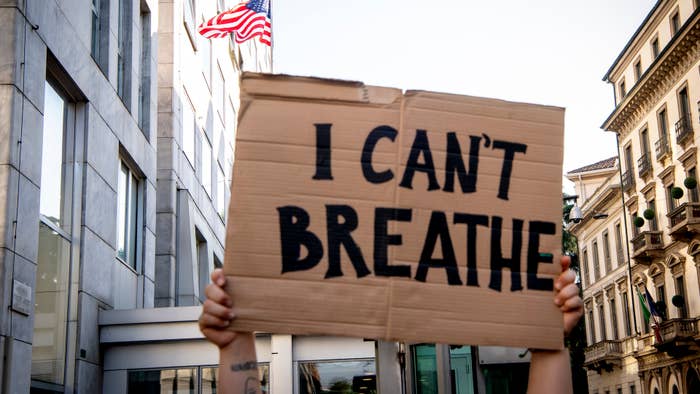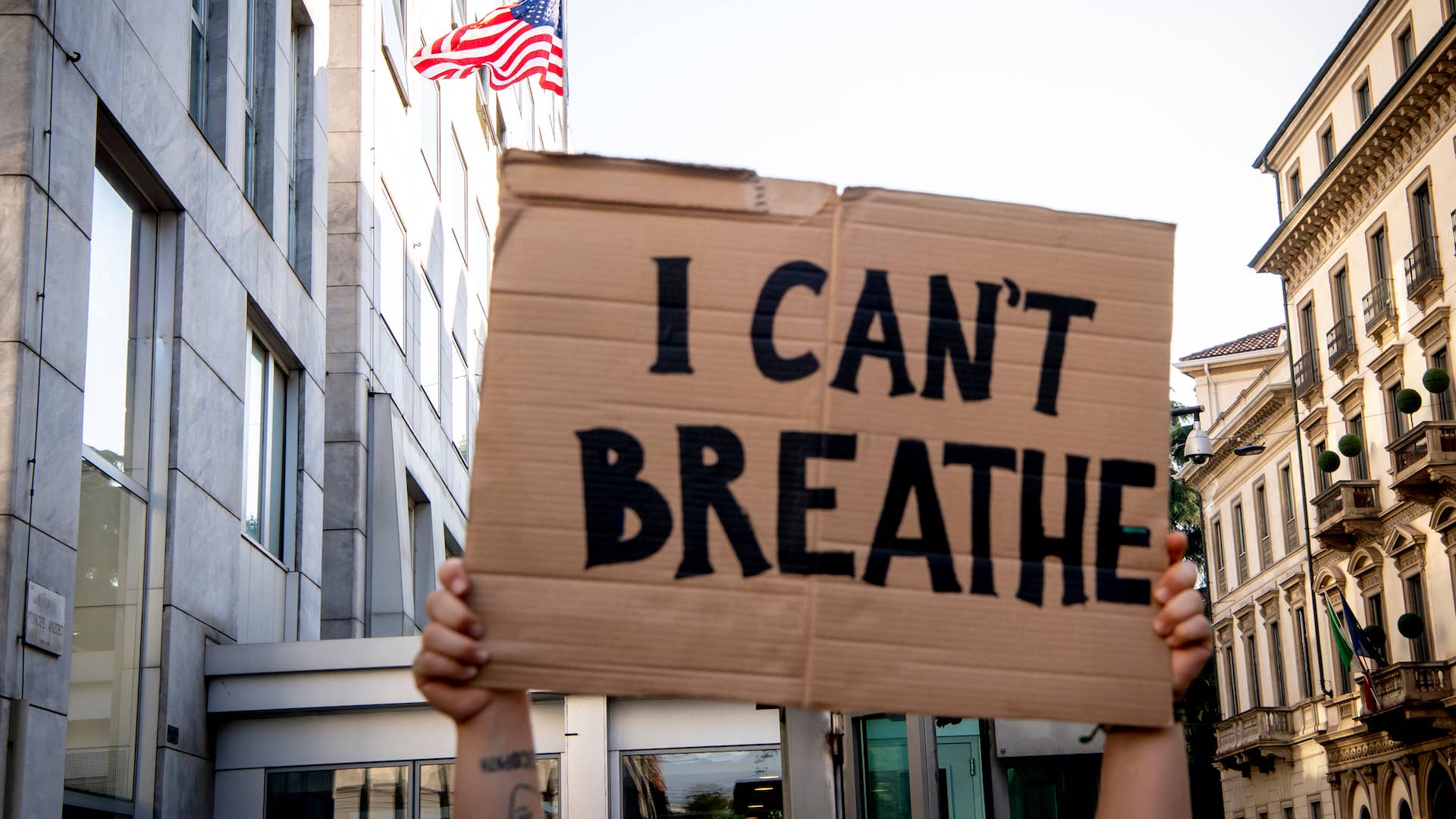
Minneapolis cop Derek Chauvin has had a dozen police conduct complaints filed against him and has been involved in several police shootings, without facing any disciplinary action.
Chauvin is the officer seen in the now-viral video of him kneeling on the neck of George Floyd, as he repeatedly said he couldn’t breathe. Chauvin and three other cops were fired for Floyd’s death on Tuesday, an incident that set off a number of protests across the U.S.
Now, another man, Ira Latrell Toles, says that Chauvin shot him 12 years ago when responding to a domestic violence call, The Daily Beast reports. According to Toles, Chauvin entered Toles’ home and beat him in the bathroom before shooting him in the stomach.
“The officer that killed that guy might be the one that shot me,” Toles texted his sister on Tuesday night. “They said his last name and I think it was him.”
“It’s him,” she immediately responded.
Toles believes Floyd’s death could have been avoided if Chauvin had been punished for the 2008 shooting. While Toles ended up pleading guilty to a misdemeanor charge and still suffers from the effects of the bullet hole in his stomach, Chauvin was allowed to return to his job with nominal penalties.
“If he was reprimanded when he shot me, George Floyd would still be alive,” Toles told the outlet.
On May 24, 2008, officers responded to a domestic violence call at an apartment complex. Toles, who was 21 at the time, says that he knew his child’s mother reported him to the police that night but was still shocked when a handful of cops appeared without declaring their arrival.
“When I saw that he breached the front door, I ran in the bathroom,” Toles said. “Then [Chauvin] starts kicking in that door. I was in the bathroom with a cigarette and no lighter.”
Toles said Chauvin got into the bathroom and started hitting him, which is when Toles hit him back, saying “my natural reaction to someone hitting me is to stop them from hitting me.”
“All I could do is assume it was the police because they didn’t announce themselves or ever give me a command,” he said. “I didn’t know what to think when he started hitting me. I swear he was hitting me with the gun.”
Local news outlets report that Chauvin shot Toles after he allegedly tried to take an officer’s gun. Toles says he doesn’t remember being shot and was taken to the hospital where he found out that Chauvin had shot him at such a close range that the bullet traveled through his groin, exited from his left butt cheek, and hit the wall. He still has a hole that “never really closed.”
After Toles was released from the hospital, he was taken to court where he was charged with two felony counts of obstructing legal process or arrest and a misdemeanor count of domestic assault.
“I would assume my reaction would be to try to stop him from hitting me. If his first reaction was hitting me in the face that means I can’t see and I’m too disoriented to first locate his gun and then try to take it from him and for what?” Toles said. “To turn a misdemeanor disorderly situation into a felony situation that could have resulted in me dying? He tried to kill me in that bathroom.”
He then spent a day or two in jail, and then three months later, agreed to a deal and pleaded guilty to a misdemeanor charge. Chauvin and the other cops were placed on paid administrative leave while an investigation was underway. They were then allowed to return to duty. Toles said that although he never filed a complaint in 2008, he is now looking into suing the Minneapolis Police Department.
Chauvin’s 19-year career has included use-of-force incidents and at least one lawsuit in connection to an allegation of violations of a prisoner's federal constitutional rights. His history of complaints as a veteran seems “a little bit higher than normal,” Mylan Masson, a retired Minneapolis Park police officer and seasoned police training expert for the state of Minnesota at Hennepin Technical College, told NBC News.

